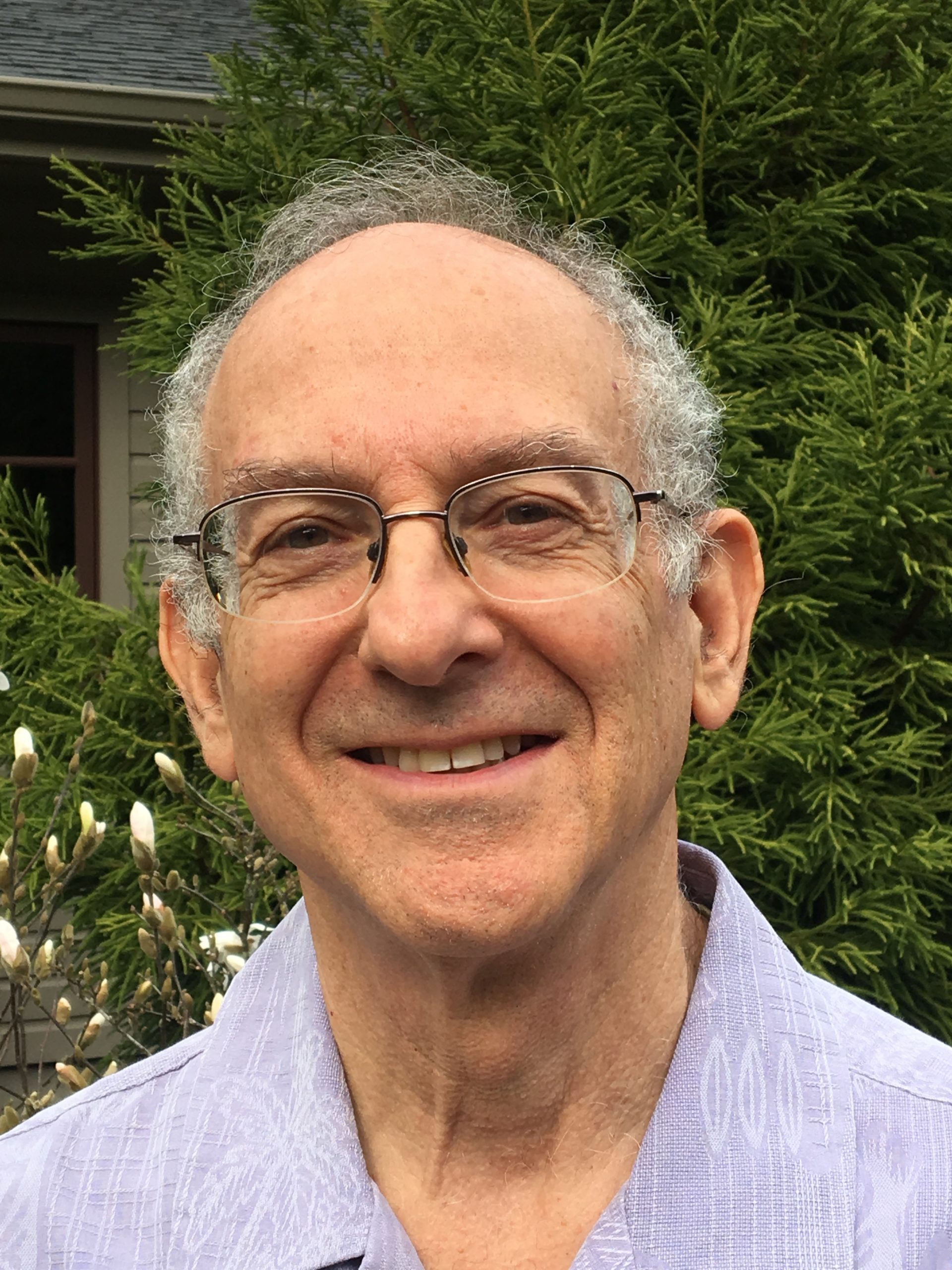Welcome back! Last week, Dr. Ross taught us about the Blue Zones and we learned that in these zones, people live to be 100! WOW. If you missed this blog, you can click HERE to catch up.
This week, we will talk about high blood pressure. What, exactly, does it mean when your doctor tells you your blood pressure is too high and you need to change your diet?
Grab A Cup of Coffee and let’s find out!
Let’s talk hypertension. The complications of hypertension include damage to the lining of arteries leading to stiffening of the arteries resulting in higher blood pressure and potential for rupture; as in hemorrhagic stroke, or cracking of the inner lining wall of the artery and development of clot formation leading to blocking blood flow; as in heart attack or thrombotic stroke. Other complications include enlargement of the heart leading to congestive heart failure, damage to the eyes resulting in loss of vision, and damage to kidneys which can result in failure and the need for dialysis.

Avoiding or reversing hypertension can often be achieved by one’s lifestyle choices. What works?
1. Reduce salt or sodium intake: Look at cultures in the world that have no hypertension and you will find that their intake is less than about 1500 mg per day (less than 2/3 teaspoon).
2. Increase potassium: Increase fruits and vegetables. How many fruits and vegetables per day? About 4 servings of fruit and 5 servings of veggies daily should do it, but try to get a variety of both.Eating the colors of the rainbow daily will not only increase potassium but will provide nutrients that boost your immunity to fight off infections and kill cancer cells.
3. Oils and fats: All oils and fats in your diet will increase the viscosity of your blood and slow down flow through the tissues resulting in decreased oxygenation. Also, the fats and oils cause a vasoconstriction of the walls of the smaller arteries leading to a rise in your blood pressure. Dark leafy greens (kale, chard, collard greens, arugula, spinach) combine with the saliva in your mouth and produce nitric oxide; this chemical once absorbed into the bloodstream relaxes the smaller arteries and leads to a decrease in your blood pressure.
4. Weight loss: This has been shown to decrease blood pressure. There are many ways to achieve weight loss, but when you are deciding which method might work best for you consider the long term side effects vs the short term gain (the popular ketogenic diet results in short term weight loss but long term side effects include increased death rates).
5. Move more and sit less: Exercise has been shown to lower blood pressure,but remember you cannot out exercise a bad diet. Focus your attention first on your food choices as you add more movement to your life.
6. Smoking and drinking: Most everyone knows that smoking is not a healthy habit. It can definitely raise your blood pressure. Many do not realize that alcohol can also make it difficult to control blood pressure.
7. Stress reaction: When stress in your life becomes chronic,the output of adrenaline and cortisone can definitely contribute to a rise in your blood pressure. Slow, deep breathing, meditation, yoga, counseling, engaging in fun activities can go a long way to reducing high blood pressure from a stressful life.
The above lifestyle recommendations address the root causes of disease. Remember that blood pressure pills treat symptoms, not the root causes,and pills can have side effects that do not promote health. Perhaps the side effects of the pills are worth it? Here are a few: cough, constipation or diarrhea, dizziness or lightheadedness, erection problems, feeling nervous, feeling tired, weak, drowsy, or a lack of energy, headache, nausea or vomiting. The choice is yours to make.
Control or prevent hypertension with your lifestyle choices without side effects, or take pills with potential side effects. At least now you have information that can help you choose wisely.
Best of Health,
Charlie Ross DO, Westfir, Oregon

1 Comment